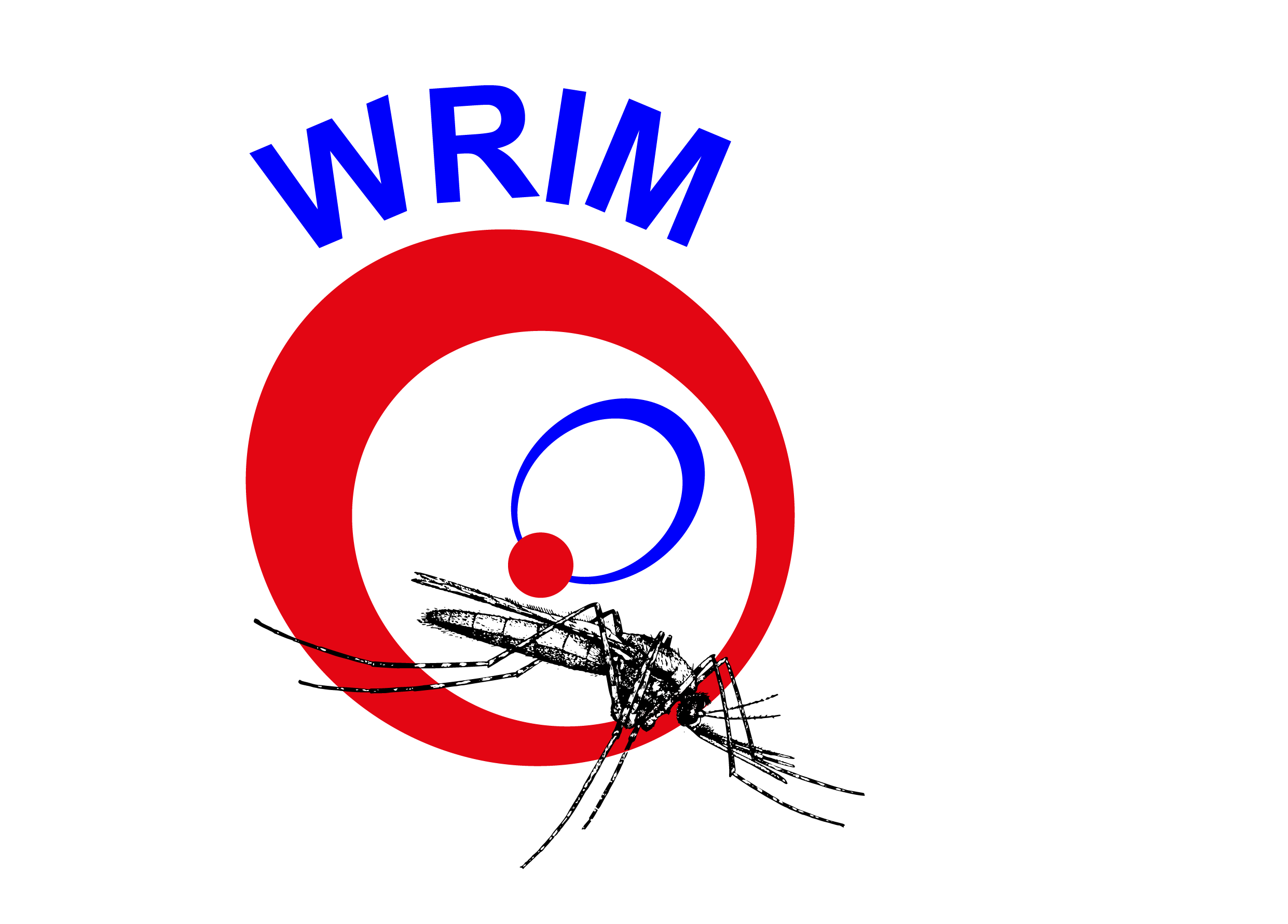
Wits Research Institute For Malaria (WRIM)
Mission:
To reduce malaria disease burden through research, education, innovation and policy change.
Vision:
“The Wits Research Institute for Malaria aims to produce top quality research and researchers that will benefit malaria control in Africa and place it amongst the leading malaria research groups in the world.”
Objectives
Ultimately, the goal of the Wits Research Institute for Malaria is to support the control of malaria in Africa through:
- Generation of new knowledge
- Education of highly trained professionals
- Collaboration with international partners, both at the research and control levels
- “Influence or Affect” policy at a national and international level.
These goals cannot be reached without fundamental research into the mosquito vectors, the parasites and the human host. Therefore, the broad research aims of WRIM are:
- To gain a better understanding of the mechanisms of insecticide resistance in the major African malaria vector mosquitoes.
- To study the genetic structuring of vector populations in various ecological settings.
- To investigate gene responses in the vector to parasite infections with Plasmodium falciparum and P. berghei.
- To investigate the usefulness of novel methods of vector control.
- To investigate P. falciparum parasite biology, evolution and interactions with the vectors.
- To identify novel drug targets in P. falciparum.
- To investigate the evolution of Plasmodium species and drug resistance.
- To design and evaluate synthetic and natural compounds for their effectiveness as antimalarial agents.
- To determine the mechanism of action of the agents in relation to their toxicological properties.
- To follow trends in antimalarial drug use and adverse pharmacological effects and interactions.
- To investigate clinical and epidemiological aspects of malaria infections and transmission.


